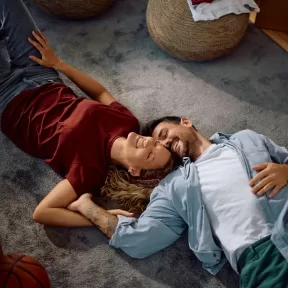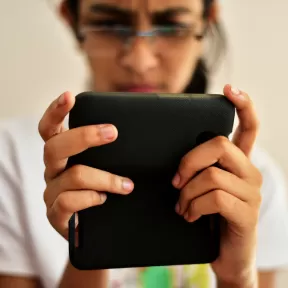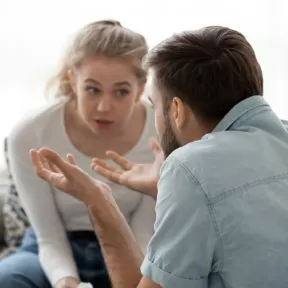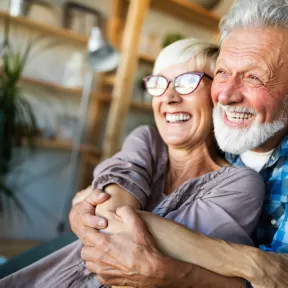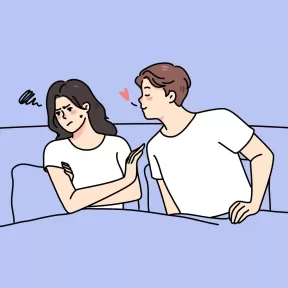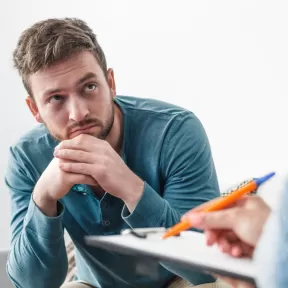In a recent article in Portland Monthly Magazine (Shulsinger) “Is SuicideGirls’ Mission of “Alternative Beauty” Still Relevant in 2013?” the founders of SuicideGirls commented that the term refers to “women who commit ‘social suicide’ by refusing to conform to the American ideal of a beautiful woman, by refusing to ‘fit in to the mold.’
I do not question whether or not alternative beauty [that is contrasted with the standard western ideal] is still relevant; I am happy that it is. But does alternative beauty need to leave some wondering whether or not its definition is linked with sensationalizing versus alternative or perhaps associated with low self-worth.
I recently watched Showtime’s “SuicideGirls: Retrospective.” Indeed, the women do not necessarily conform to cultural standards and expectations; this is a good. I felt many highly charged and contradictory emotions. I felt empathy toward the women in sensing what I perceived as their power and vulnerability, interested in them and negatively judged their tattoos, all simultaneously. After all, the more ink you have the more difficult it is to remove them. Total judgment on my part and inherently wrong to judge. I know this. I understand that my judgment is based on my own cultural standards and many find a lot of ink to be a lot sexy. OK. So, tattoos are merely a matter of taste and preference.
I noticed body size. Most were very, very thin; a couple had their ribs protruding. I wondered how they got that way. Were they naturally that thin, yet eat normally? Or, do they restrict, purge or starve themselves? Is that then being alternative or living self-destructively?
My curiosity and intrigue increased after watching the documentary. I decided to go on the SuicideGirls website. I wanted to understand, but could not allow myself to become a member simply to gain access to a world that I feel conflicted about. That would be decidedly exploitive on my part and so I nixed it. My job is to help people, particularly women, feel beautiful and NOT judged, especially if their bodies do not fit in to the mold. This is the mission of the SuicideGirls.
However, I did click on the website’s Group Page and was happy to see that there was a Health & Fitness Group and a blog for members with eating disorders. “How great,” I thought, “a place to find support.” I then noticed, with increasing distress the number of Groups that dealt with serious mental health issues, the kind that routinely support, enhance, and contribute to low self worth and self-defeating behaviors. There are blogs for Depression, Bi-Polar Disorder, Borderline Personality Disorder, Rape and Sexual Abuse, Abusive Relationships, Self-Harm. On the one hand, this is great that a community can offer support to its members. But, are all websites that promote acceptance of alternative life-styles or beauty like this? The SuicideGirls culture promotes comfort with sex and sexuality, yet several of their significant Groups deal with serious sexual issues.
article continues after advertisement
One of the first statements made by one of the SuicideGirls interviewed in the documentary was, “Make me famous.” Is fame the same as success? I noticed my emotions going for a major roller coaster ride between eroticism versus distaste. I felt both empathy and sometimes envy for their dis-inhibition. I wondered if indeed their sexual mass appeal would disappear if they did not enter the zones of piercing, tattoos, and were of natural body size. Ah, but then you would have the classic pin-up of the 40’s and 50s, right? They were very sexy women (to me.) But, SuicideGirls are the modern pin-up?
Perhaps not relevant, but perhaps relevant was a comment from one of the models in the documentary. “I was a fat and ugly kind of girl. When the photos come out, I feel fantastic.” (Tegan, Los Angeles, 2004.)
I leave this blog posting with more questions than answers and more challenge to my thinking and sensibilities, particularly when it comes to acceptance of alternative standards of beauty, my own judgments and the role I play in helping people accept themselves in a complicated world of mental health norms versus issues.
Best,
Judy Scheel


